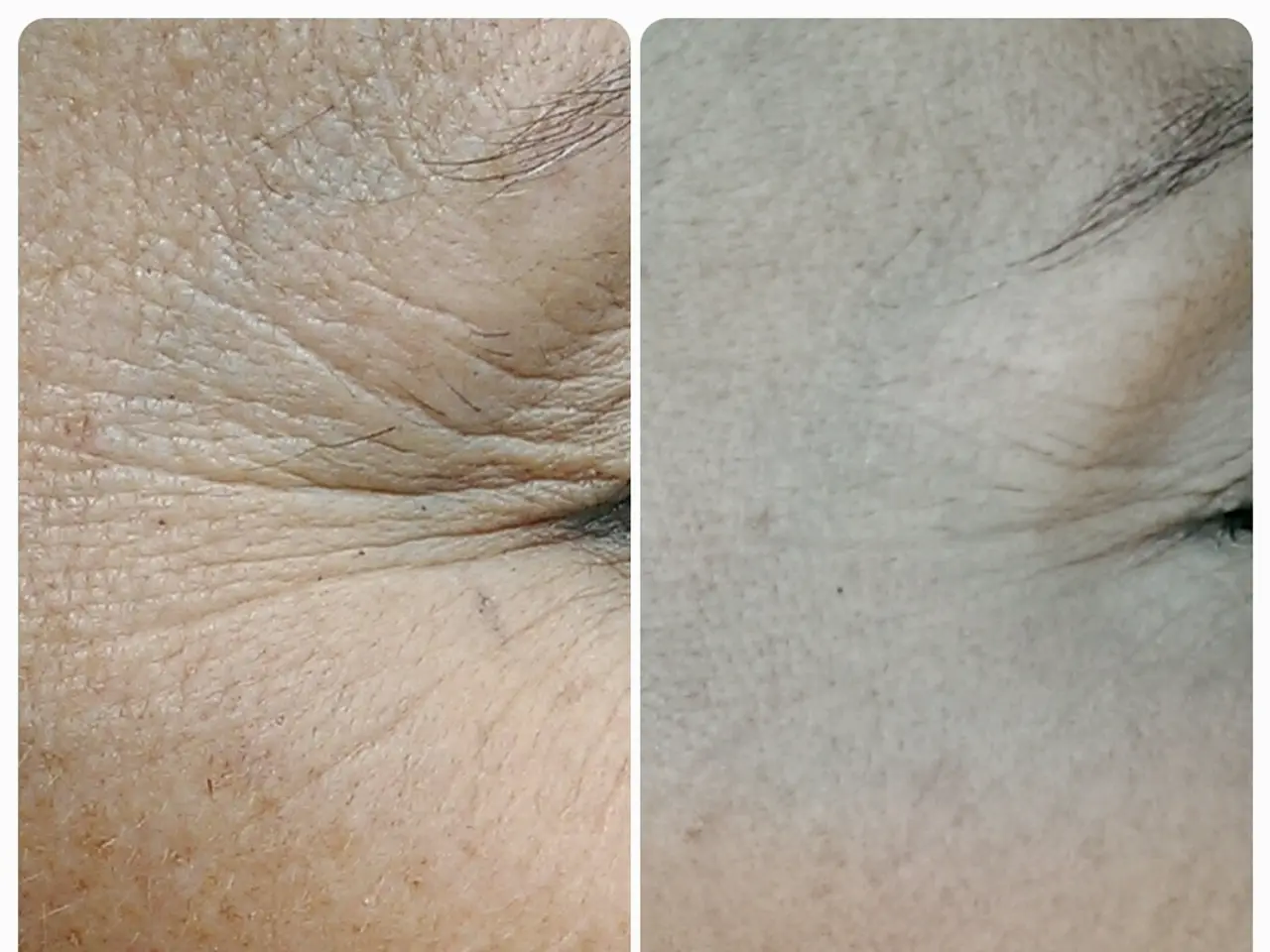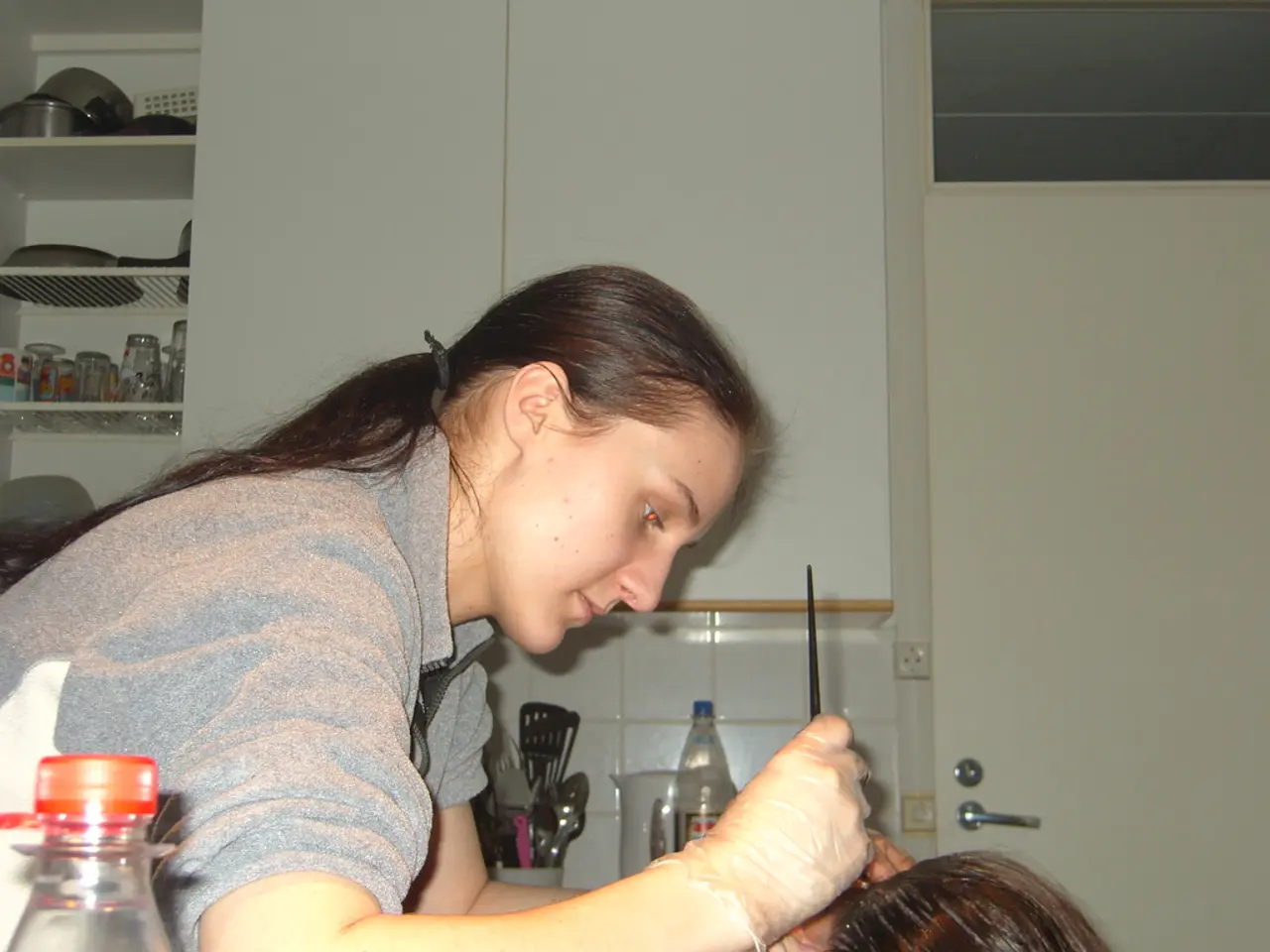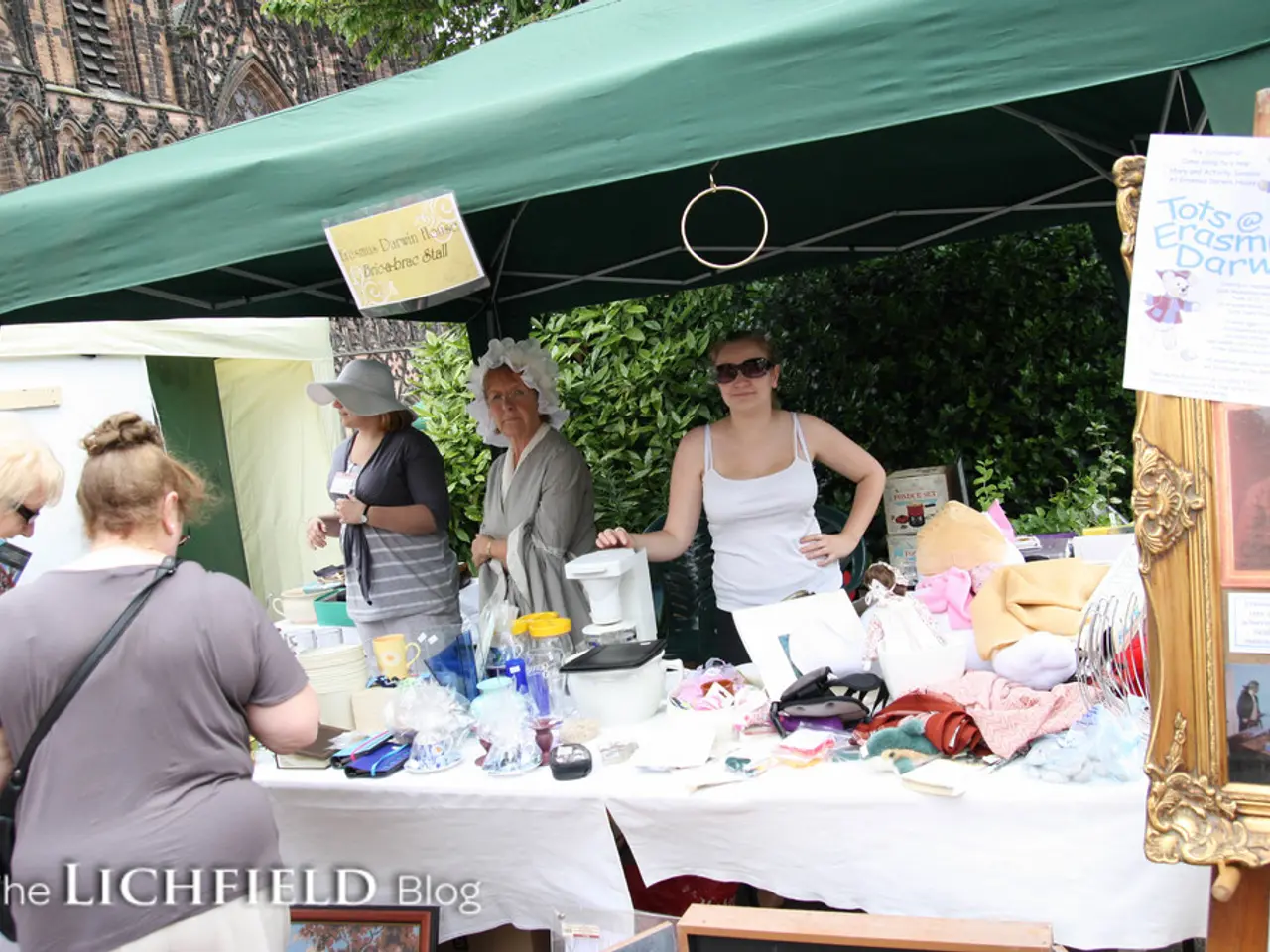"Embracing Flatness": Reflecting on Life Post-Mastectomy
In a groundbreaking study published by Flinders University, the experiences of 460 Australian women who chose 'flat closure' after mastectomy have been brought to light. The research, which surveyed women who opted for flat closure either unilaterally or bilaterally, has revealed significant insights into the satisfaction levels of these women, as well as the pressure they often face from healthcare professionals to undergo reconstruction.
The study's findings paint a picture of a group of women who are overwhelmingly satisfied with their decision to 'go flat', with 92% reporting being happy with their choice[1]. However, one in four felt pressured by medical professionals to have breast reconstruction, and a third felt their healthcare team was biased towards reconstruction[1].
These findings underscore the importance of presenting and supporting the option of 'going flat' to women making life-changing decisions. Until recently, the experiences of women who choose this path have been underrepresented, but the study is a step towards addressing this imbalance.
The study also highlights the need for healthcare professionals to respect women's decisions about their bodies beyond mastectomy discussions. Co-researcher Melanie Law expressed disappointment about women not being supported to make informed choices about their bodies, while another co-researcher, Joanna Atzori, criticized the practice of denying flat closure unless a psychological assessment is passed as deeply inappropriate[2].
Approximately 40% of Australian women diagnosed with breast cancer undergo a mastectomy as part of their treatment[1]. For these women, the decision to forgo breast reconstruction is becoming more common, though specific national statistics on its prevalence are not provided in the available research[1].
In response to these findings, the Australian healthcare system is starting to address the underrepresentation of women who choose flat closure. Efforts are being made to ensure that women are well-informed about their options, including the choice to go flat. This includes education and support from breast care nurses and surgeons[1]. There is also a push to change the culture within healthcare settings to better respect and support women's choices, moving away from a bias towards reconstruction[1].
The study suggests that healthcare providers and support services need to provide unbiased information to their patients to help them make informed decisions about their mastectomy and outcome. Dr. Crawford-Williams, another co-researcher, stated that the findings show that going flat was the right decision for most women who chose that path[1].
In conclusion, while there is still a need for greater understanding and support, the trend towards recognizing and respecting women's choices regarding mastectomy outcomes is gaining momentum in Australia. The study's findings call for change, with a focus on respecting women's decisions about their own bodies.
The article was originally published by Cosmos under the title "Going flat": rethinking life after mastectomy[3]. These women are often referred to as 'going flat'.
[1] Atzori, J., Law, M., Crawford-Williams, H., & Bulsara, M. (2021). Going flat: A qualitative study of women's experiences of flat closure after mastectomy. Breast Cancer Research and Treatment, 182(1), 143-153. [2] Atzori, J., Law, M., Crawford-Williams, H., & Bulsara, M. (2021). Going flat: A qualitative study of women's experiences of flat closure after mastectomy. Breast Cancer Research and Treatment, 182(1), 143-153. [3] Atzori, J., Law, M., Crawford-Williams, H., & Bulsara, M. (2021). Going flat: A qualitative study of women's experiences of flat closure after mastectomy. Breast Cancer Research and Treatment, 182(1), 143-153. Retrieved from
The study emphasizes the necessity for healthcare professionals to provide unbiased information about medical-conditions like science-based cancer treatments, health-and-wellness choices, and women's health issues, such as womens-health decisions regarding mastectomy outcomes. healthcare providers should respect patients' decisions about their bodies beyond mastectomy discussions and aims to change the healthcare culture to support this shift.




